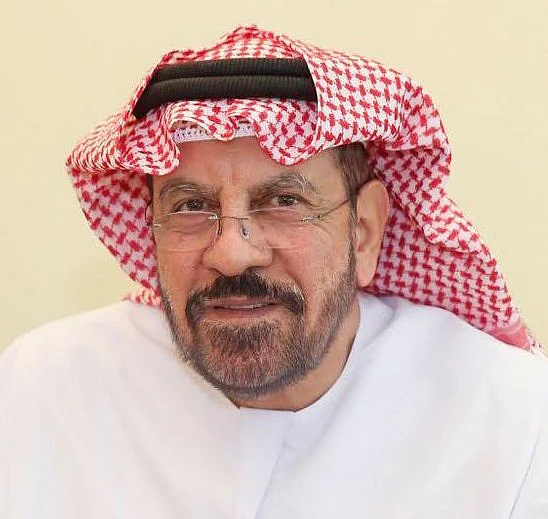UAE midday work ban ends with high compliance rate
Initiative reflects the UAE’s commitment to ensuring safe and healthy working conditions

The implementation of the Midday Work Ban — prohibiting outdoor work under direct sunlight between 12.30pm and 3.00pm — comes to an end today (Monday, September 15). The ban, which began on June 15, marks its 21st consecutive year of application by the Ministry of Human Resources and Emiratisation (MoHRE).
The initiative reflects the UAE’s commitment to ensuring safe and healthy working conditions in line with international best practices in occupational health and safety, helping protect workers from heat-related injuries during the peak summer months.
Compliance with the ban is expected to reach 99% or higher, in line with previous years’ results. This high level of adherence underscores the deep-rooted social and humanitarian values within the UAE’s business community and highlights the private sector’s recognition of the importance of safeguarding workers, who are regarded as the most valuable resource of any company.
These results also reflect the humanitarian dimension of the UAE’s labor regulations, particularly those related to health and safety standards.
Field inspections
During the ban period, MoHRE officials carried out on-site inspections to monitor compliance and ensure proper enforcement. Many of these visits were also dedicated to awareness and guidance initiatives, educating both workers and employers on the importance of adhering to the midday ban. This was done in cooperation with a wide range of government and private entities across the UAE.
Inspectors also visited labor accommodations to reinforce occupational health and safety awareness and to protect workers from risks such as heat stress and sunstroke.
Employer obligations
Under the midday ban regulations, employers are required to:
Provide shaded rest areas for workers during the ban hours.
Supply cooling tools (e.g., fans), sufficient drinking water, rehydration supplies such as salts, and first aid equipment.
Ensure suitable rest facilities for workers engaged in permitted tasks.
This reflects the UAE’s firm commitment to global best practices in occupational safety, while promoting workers’ welfare and supporting a safe, flexible, and attractive labor market aligned with the ministry’s strategic goals.
A well-established culture
Over the years, the midday work ban has evolved into a deeply rooted culture within the UAE’s business community, valued for its role in protecting workers’ health and safety. The consistently high compliance rates reflect employers’ awareness, social responsibility, and respect for labor laws.
10,000 cooling rest stations for delivery workers
As part of its efforts, MoHRE provided over 10,000 air-conditioned rest stations for delivery service workers across the UAE during the ban period. The initiative, carried out in partnership with government bodies and the private sector, was particularly significant given the mobile nature of delivery work and the need for quick, accurate services. Workers could locate the nearest rest station using interactive maps available on delivery applications.
Importance of the midday ban
MoHRE emphasized the importance of the ban in safeguarding workers’ health, while also urging establishments to maintain preventive measures against COVID-19 during the summer. The ministry praised the strategic partnership with the private sector, as well as the active role of the community in monitoring compliance, reflecting the UAE’s humanitarian values.
The public was encouraged to report violations via the toll-free hotline 80060, available 24/7 in four languages. Reports are also received through “Taqyeem” centers in accordance with established procedures.
Preventive measures
The decision includes a set of preventive and awareness measures to protect workers from direct sun exposure. Employers are required to:
Post daily work schedules in a visible location in Arabic and in a language understood by workers.
Provide protective tools against workplace hazards in accordance with the labor law.
Ensure workers follow all safety instructions.
Employers found in violation of the ban are held accountable for operating workers during restricted hours, including the unlawful hiring of workers not permitted under the law.
Working hours and penalties
The regulation caps the working day at eight hours. Any work beyond this is considered overtime, with additional pay as stipulated by the UAE Labor Law.
Violating establishments face fines of Dh5,000 per worker, up to a maximum of Dh50,000 if multiple workers are involved. Penalties may also include suspension of the company’s file or downgrading its classification within MoHRE’s system, depending on the severity of the violation.
Sign up for the Daily Briefing
Get the latest news and updates straight to your inbox
Network Links
GN StoreDownload our app
© Al Nisr Publishing LLC 2026. All rights reserved.
